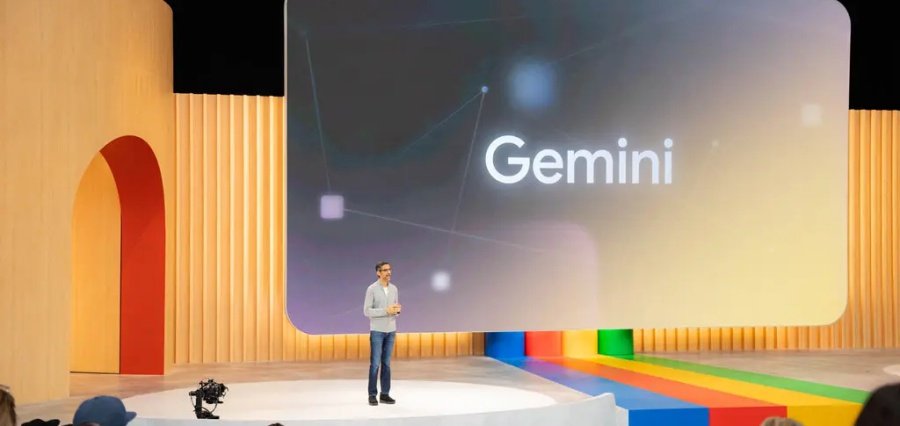Before acting on behalf of the computer user, the experimental tool has the ability to explore spreadsheets, shopping websites, and other services.
Chatbots can now produce graphics, create poetry, and respond to queries. In the future, kids might also be able to use tools like spreadsheets and carry out chores like internet shopping on their own.
Researchers studying artificial intelligence refer to this technology as an AI agent, and Google unveiled a prototype of it on Wednesday.
AI agents are being developed by numerous tech corporations, including Google. Similar prototypes that can use software apps, websites, and other internet tools have been revealed by a number of AI start-ups, including OpenAI and Anthropic.
On Wednesday, Google also announced Gemini 2.0, the platform on which its latest prototype, Mariner, is built. The foundation of many of the company’s artificial intelligence (AI) products and research projects is Gemini. Versions of the system will power AI Overviews, a Google search engine that provides direct answers to user inquiries, and the company’s chatbot of the same name.
In a New York Times article, Google project manager Jaclyn Konzelmann stated, “We’re essentially enabling users to type requests into their web browser and have Mariner take actions on their behalf.”
Gemini is a mathematical system that can acquire new skills by evaluating vast volumes of data, or what AI experts refer to as a neural network. For example, a neural network can learn to write text on its own by identifying patterns in books and articles gathered from the internet.
The most recent iteration of Gemini can learn from a variety of sources, including sounds, images, and text. Images of people using spreadsheets, shopping websites, and other online services may be included. Mariner can utilize comparable services on behalf of computer users by using what Gemini has discovered.
In an interview with The Times, Demis Hassabis, the head of Google’s primary AI lab, stated, “It can understand that it needs to press a button to make something happen.” “It has the ability to act in the world.”
According to Ms. Konzelmann, Mariner is intended to be used “with a human in the loop.” For example, if a user is in an open browser tab, it can add groceries to a virtual shopping cart, but it won’t make the purchase. The purchase must be made by the user. In a blog post, Google CEO Sundar Pichai stated that the advancements “bring us closer to our vision of a universal assistant.”





